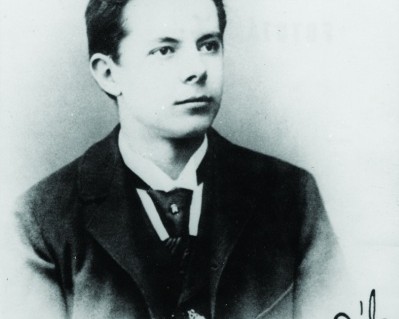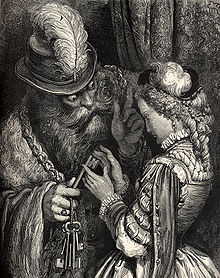Béla Bartok

Béla Bartok (25 March 1881 – 26 September 1945) only wrote one opera (as did Beethoven) but it was a beaut. Bluebeard’s Castle (1918) was based on the grim fairy tale by Perrault about the Duke with skeletons in the cupboard (literally). It’s a timeless theme of wiles, deceit and blood-letting that has attracted our interest as a trope previously.
In this operetta however, there’s no bloody chamber but a lot of nasty foreboding, atmospherics created almost solely by Bartok’s spiky music. Instead of being a killer, he’s a collector. His (apparently complicit) former wives have, according to Bluebeard, “gathered all my riches. They have bled to feed my flowers. Yea, they have enlarged my kingdom. All is theirs now, all my treasures.” The story is essentially a shroud for that strikingly new music which bears out Bartok’s dictum, “We must isolate the very ancient, for this is the only way of identifying the really new.”
Leave a comment...
While your email address is required to post a comment, it will NOT be published.



0 Comments